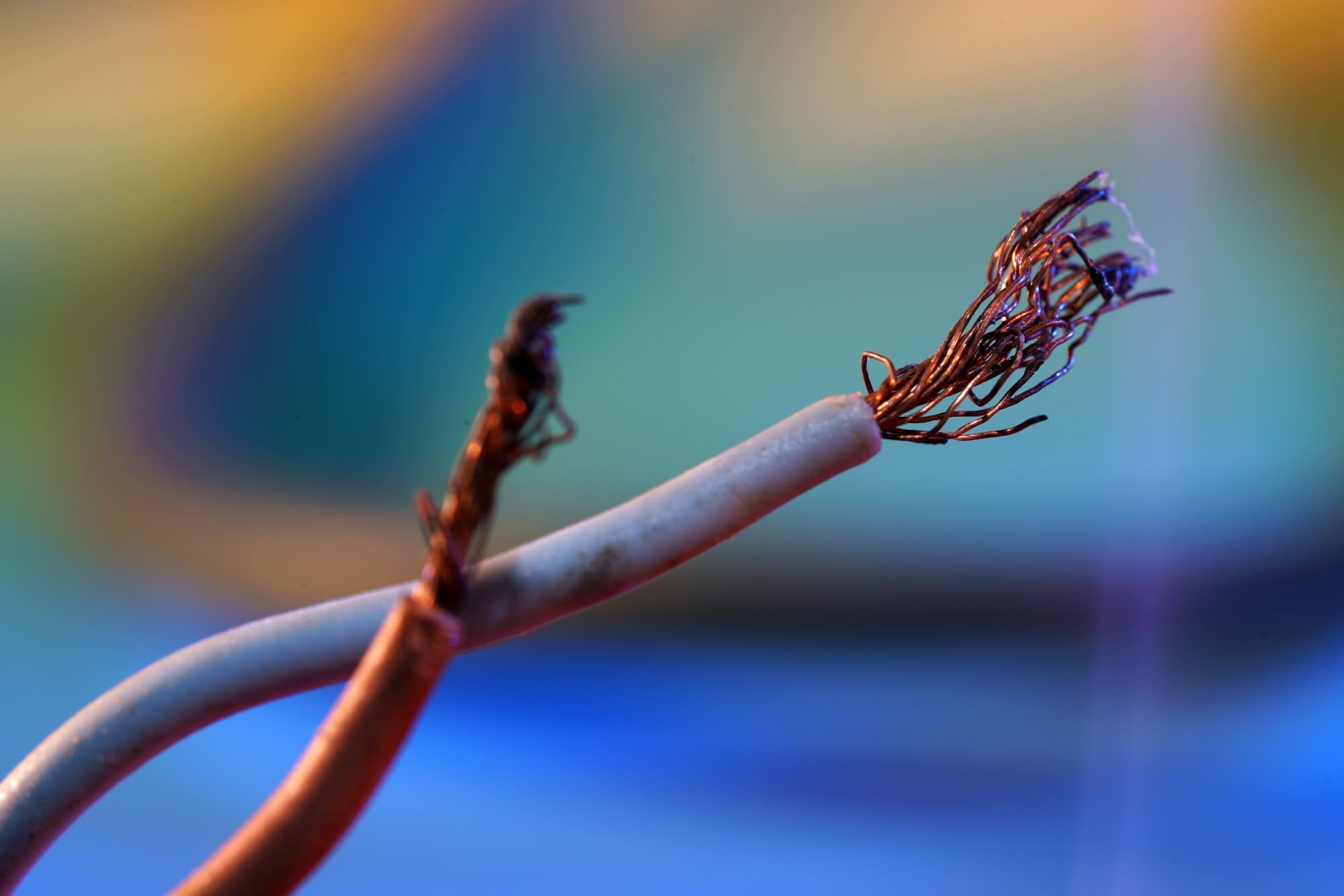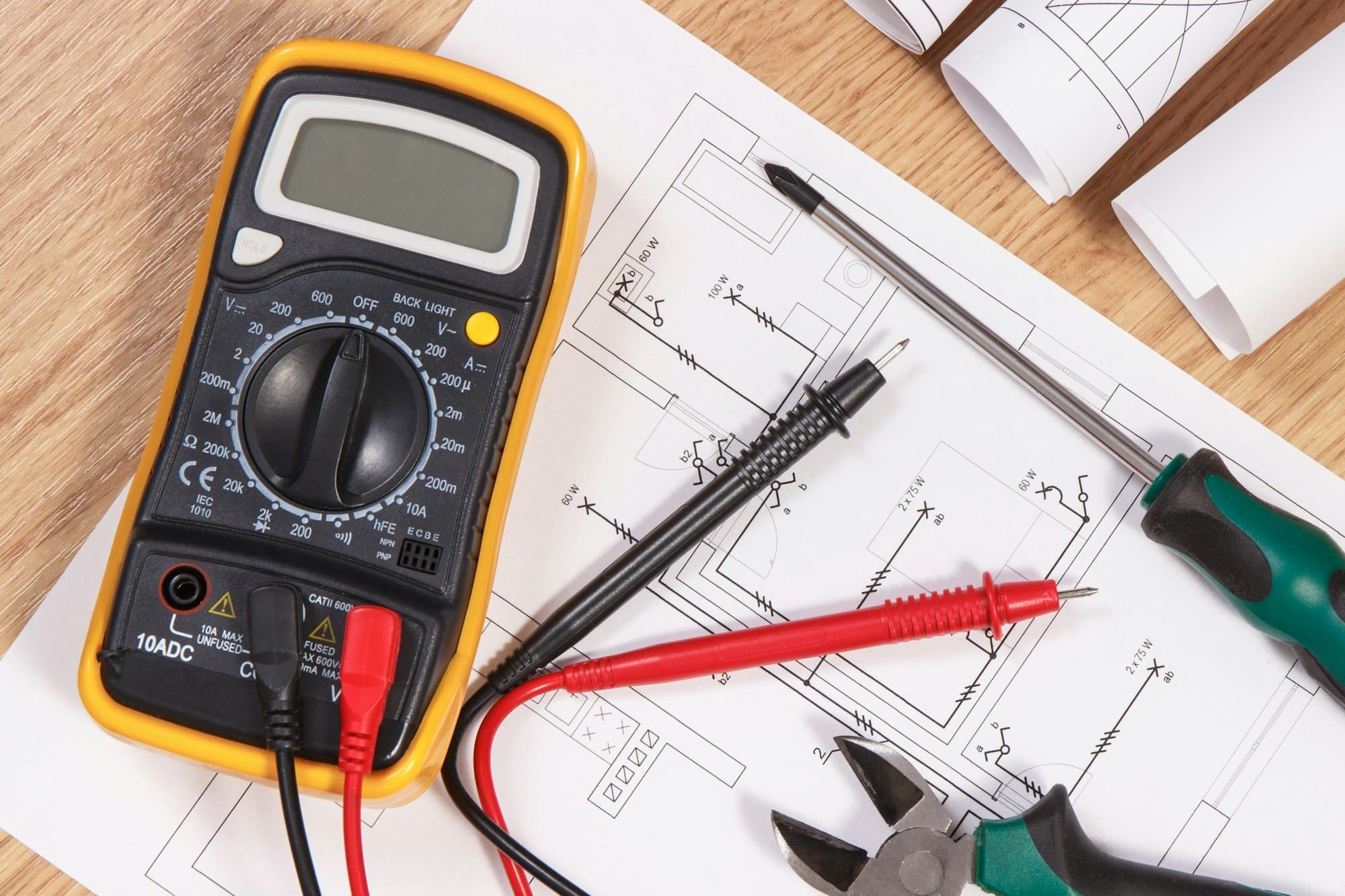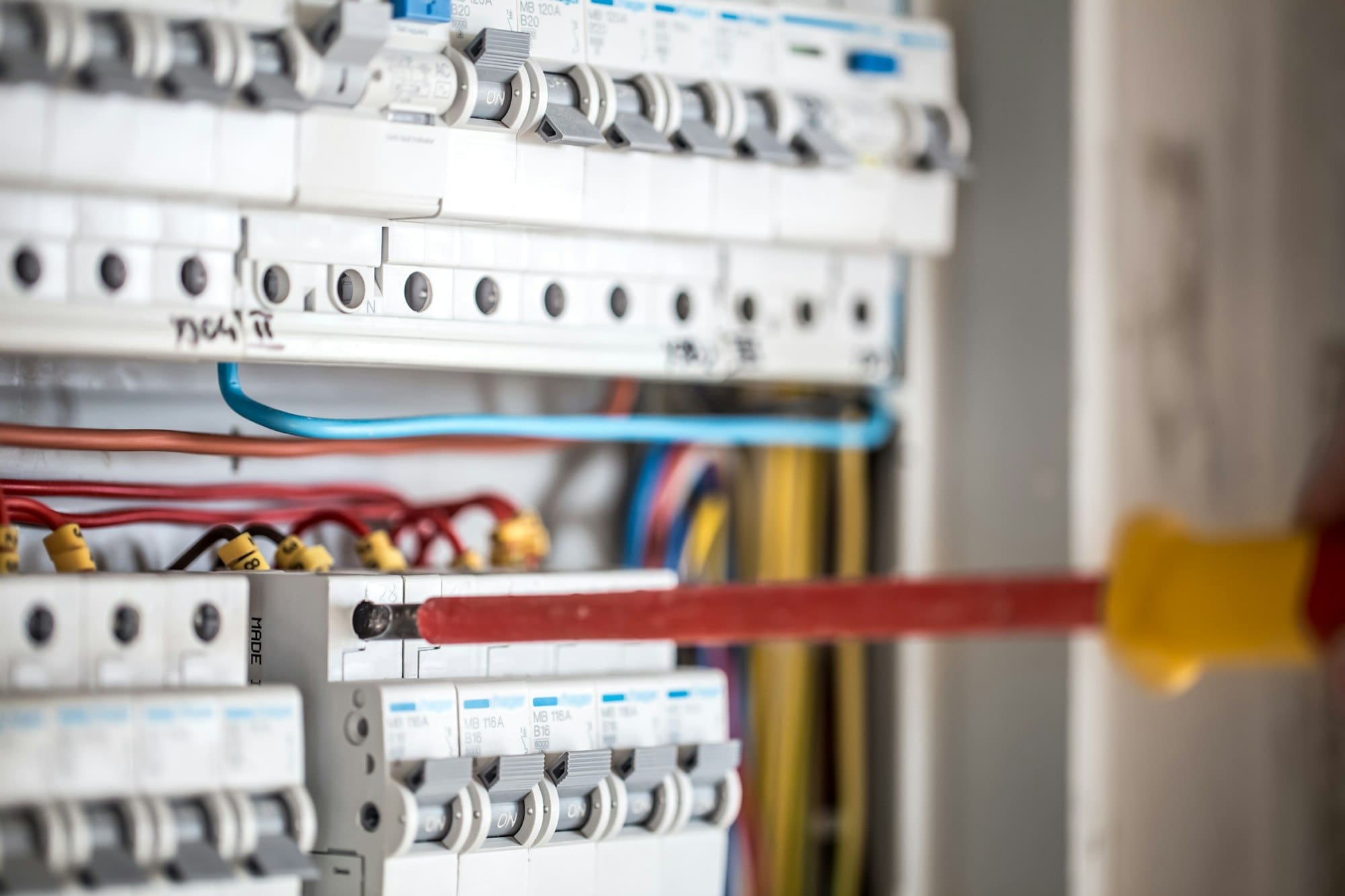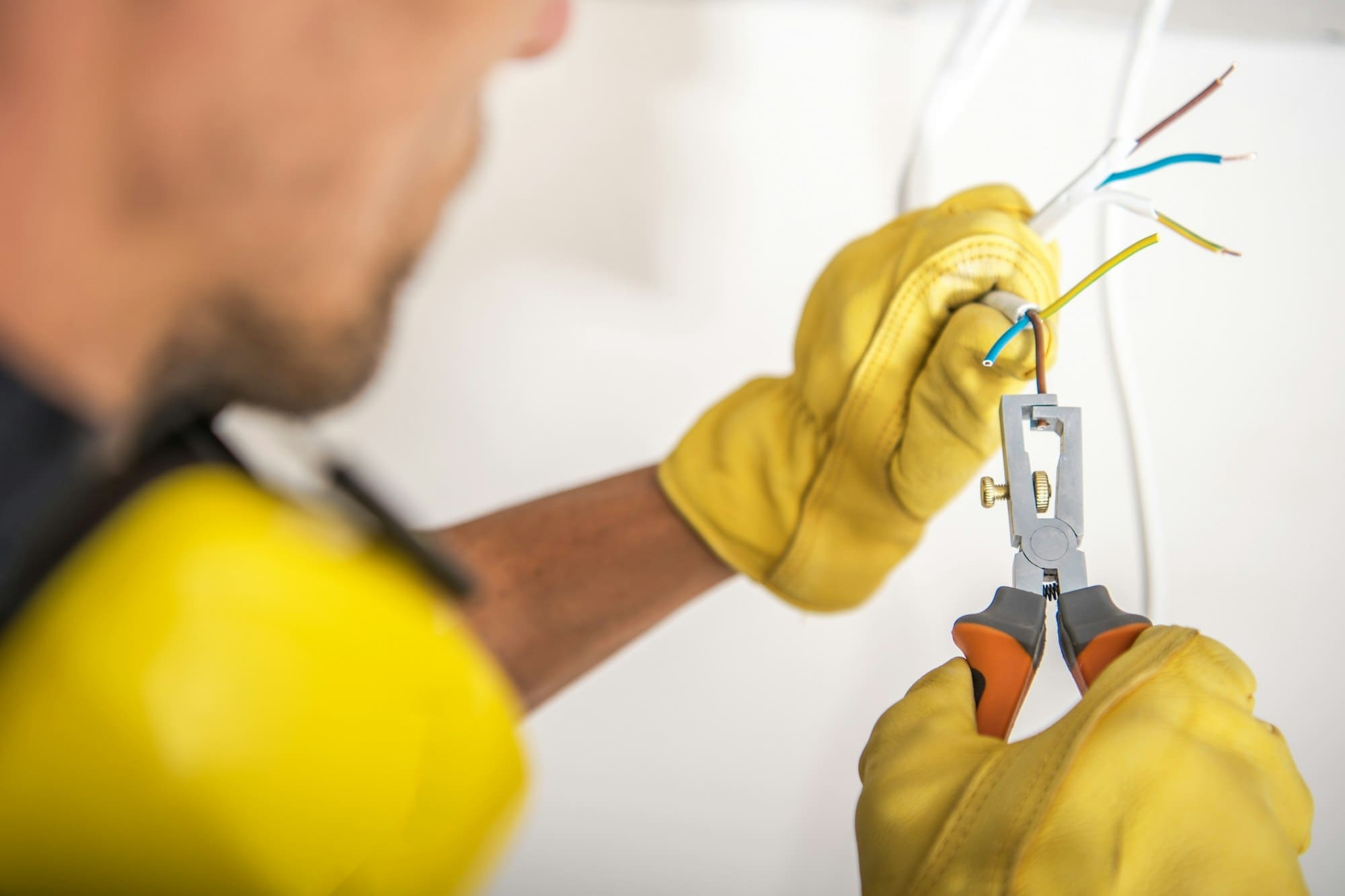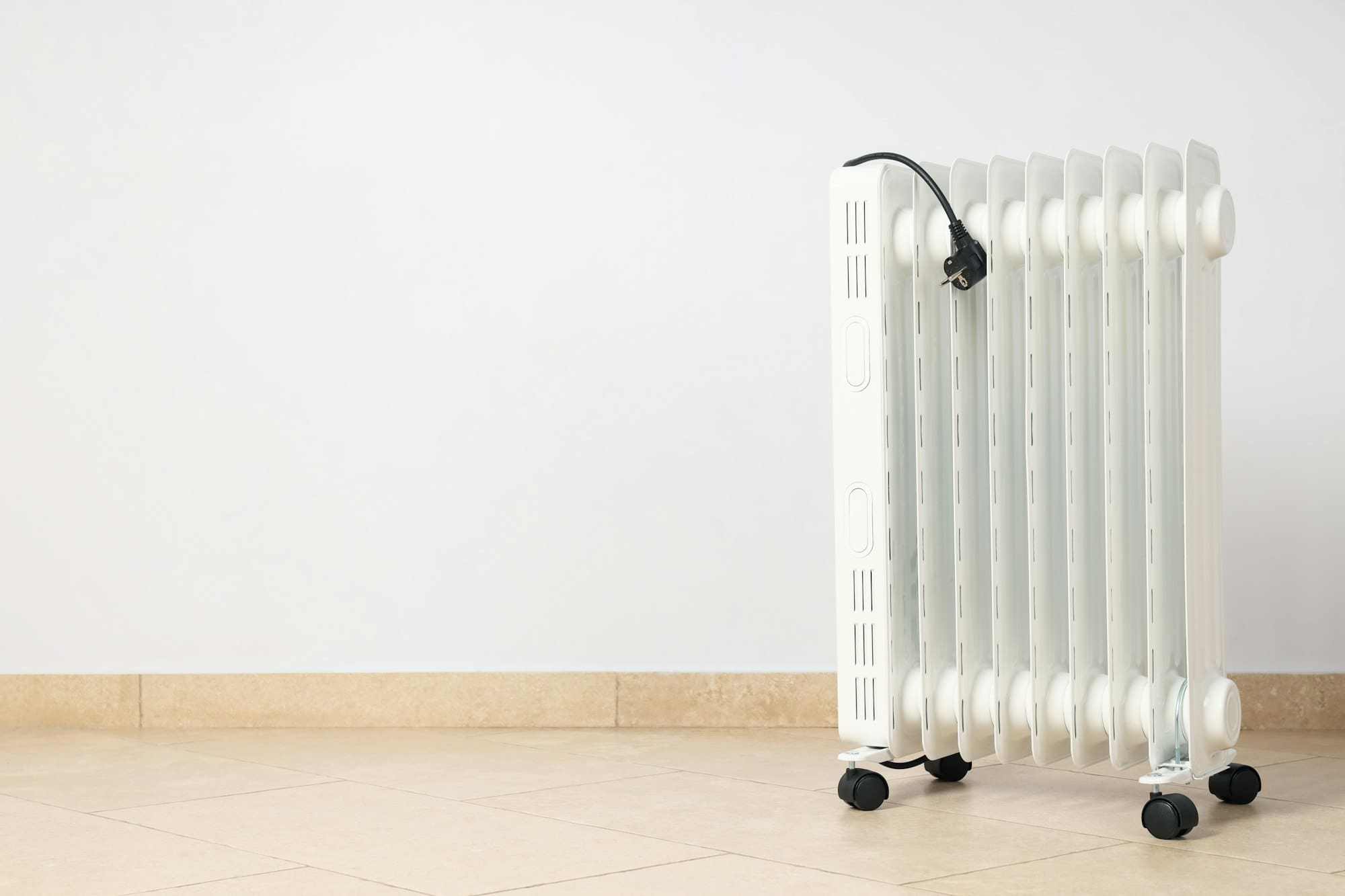What are the common warning signs of faulty electrical wiring?
One common indicator of faulty electrical wiring is dimming or flickering lights. This may occur when an appliance is turned on or plugged in, indicating an issue with the electrical connection. Another warning sign is a burning smell emanating from outlets or switches, which could be a result of overheating due to faulty wiring. Additionally, if circuit breakers trip frequently, it may indicate an overload in the electrical system.
Dimming or flickering lights can also be caused by loose wiring connections or an overloaded circuit. It is important to address these issues promptly to avoid potential fire hazards.
Dimming or flickering lights
Dimming or flickering lights are usually signs of faulty wiring in your home. This can be caused by loose connections, overloaded circuits, or damaged wires. If you notice this issue, it is essential to investigate further to prevent any hazards.
Dimming lights can also indicate a problem with the electrical fixtures or the wiring system in your house. To ensure safety, it is recommended to consult a licensed electrician to inspect and resolve the issue.
Burning smell coming from outlets or switches
A burning smell coming from outlets or switches is a serious warning sign that should not be ignored. It often indicates an overheating problem due to faulty wiring or a damaged connection. Immediate action is crucial to prevent potential fire damage and ensure electrical safety.
If you detect a burning smell, it is advisable to disconnect any appliance connected to that outlet and have a professional electrician inspect the wiring for any faults or damages.
Tripping circuit breakers frequently
Frequent tripping of circuit breakers is a clear indication of an underlying electrical problem, possibly caused by faulty wiring. This can lead to disruptions in your electrical supply and pose a risk of fire hazard. Identifying and rectifying the issue promptly is essential to prevent further damage.
Tripping circuit breakers could also be a sign of an overloaded circuit or a faulty breaker. Consulting a licensed electrician to assess the situation and make necessary repairs is important for maintaining electrical safety in your home.
How can you identify faulty wiring in your home?
To identify faulty wiring in your home, start by inspecting for frayed or damaged wires. Look for any visible signs of wear and tear, such as exposed wires or damaged insulation. Additionally, checking for signs of overheating in outlets, switches, or electrical fixtures can help pinpoint potential issues with the wiring.
Inspecting the wiring in your home regularly is essential to detect any problems early and avoid potential hazards. Look out for any unusual odors, discoloration, or buzzing sounds near electrical outlets, as these could indicate faulty wiring.
Inspecting for frayed or damaged wires
Inspecting for frayed or damaged wires is a crucial step in identifying faulty electrical wiring. Wires that are worn out or exposed pose a significant risk of electrical fires and should be replaced immediately. Regular inspections can help prevent potential hazards and ensure the safety of your home.
Frayed wires are a common issue in older homes or homes with outdated wiring systems. To address this issue, it is recommended to hire a licensed electrician to assess the wiring and make necessary repairs to prevent further damage.
Checking for signs of overheating in outlets
Checking for signs of overheating in outlets is another method to identify faulty wiring in your home. Warm or discolored outlets, switches, or electrical fixtures may indicate overheating, which can lead to fire hazards. Promptly addressing these signs can prevent potential electrical problems and ensure the safety of your household.
Overloaded circuits or improper installation of appliances can also cause outlets to overheat. Upgrading to modern wiring systems and using GFCIs (ground fault circuit interrupters) can help prevent overheating and mitigate the risks associated with faulty wiring.
What are the potential hazards of faulty electrical wiring?
Faulty electrical wiring can pose various hazards, including the risk of electrical fires. When wiring is compromised, it can lead to overheating, sparking, and potential ignition of flammable materials. Additionally, faulty wiring increases the chances of electrical shocks, putting the occupants of the house at risk of injury or electrocution.
Electrical fires can cause extensive damage to the property and pose a threat to lives. It is crucial to address any signs of faulty wiring promptly to minimize the risk of fire hazards and ensure the safety of your home and family.
Risk of electrical fires
The risk of electrical fires is one of the primary hazards associated with faulty wiring. When wires are damaged or overloaded, they can generate heat and spark, potentially igniting nearby materials. It is essential to address any faulty wiring issues to prevent the occurrence of electrical fires and safeguard your home from fire damage.
Regular maintenance and inspections of the electrical system can help identify potential fire hazards and mitigate the risks associated with faulty wiring. Installing smoke detectors and fire extinguishers can also provide an additional layer of protection in case of emergencies.
Increased chances of electrical shocks
Faulty electrical wiring increases the chances of electrical shocks, which can result from exposed wires, damaged insulation, or improper grounding. Electrical shocks can range from mild discomfort to severe injuries, depending on the voltage and current involved. To prevent electrical shocks, it is crucial to address any wiring issues promptly and ensure that the electrical system is properly maintained.
If you experience frequent mild shocks or tingling sensations when touching appliances or switches, it may indicate a problem with your electrical wiring. Consulting a licensed electrician to inspect and repair the wiring can help mitigate the risks of electrical shocks and ensure the safety of your household.
How can you address an electrical wiring problem in your house?
When facing an electrical wiring problem in your house, the best course of action is to hire a licensed electrician to evaluate the wiring. A professional electrician can identify any faulty wiring, loose connections, or damaged components and provide expert solutions to address the issue. Additionally, upgrading to modern wiring systems can enhance the safety and efficiency of your electrical setup.
Addressing electrical wiring problems promptly is crucial to prevent fire hazards, electrical shocks, and other potential risks. By hiring a qualified electrician and following their recommendations for repairs or upgrades, you can ensure the reliability and safety of your home’s electrical system.
Hiring a licensed electrician to evaluate the wiring
One of the most effective ways to address an electrical wiring problem is by hiring a licensed electrician to evaluate the wiring in your house. A professional electrician can conduct a thorough inspection, identify any faulty components, and recommend appropriate repairs or replacements to ensure the safety of your electrical system.
Licensed electricians have the expertise and tools to assess wiring problems accurately and implement solutions that comply with safety standards. By entrusting the task to a qualified professional, you can have peace of mind knowing that your electrical system is in good condition and free from potential hazards.
Upgrading to modern wiring systems for safety
Upgrading to modern wiring systems is a proactive measure to enhance the safety and efficiency of your electrical setup. Modern wiring systems are designed to meet current safety standards, reduce the risk of electrical fires, and improve the overall performance of your electrical system. By investing in upgrades, you can ensure the longevity and reliability of your electrical infrastructure.
Consulting a licensed electrician for recommendations on upgrading to modern wiring systems can help you make informed decisions about improving the safety and functionality of your home. Upgrades such as replacing aluminum wiring, installing GFCIs, or upgrading the electrical panel can significantly reduce the risks associated with faulty wiring and enhance the safety of your household.
Call Coffin Electric today if you suspect that you may have faulty wiring in your home.

